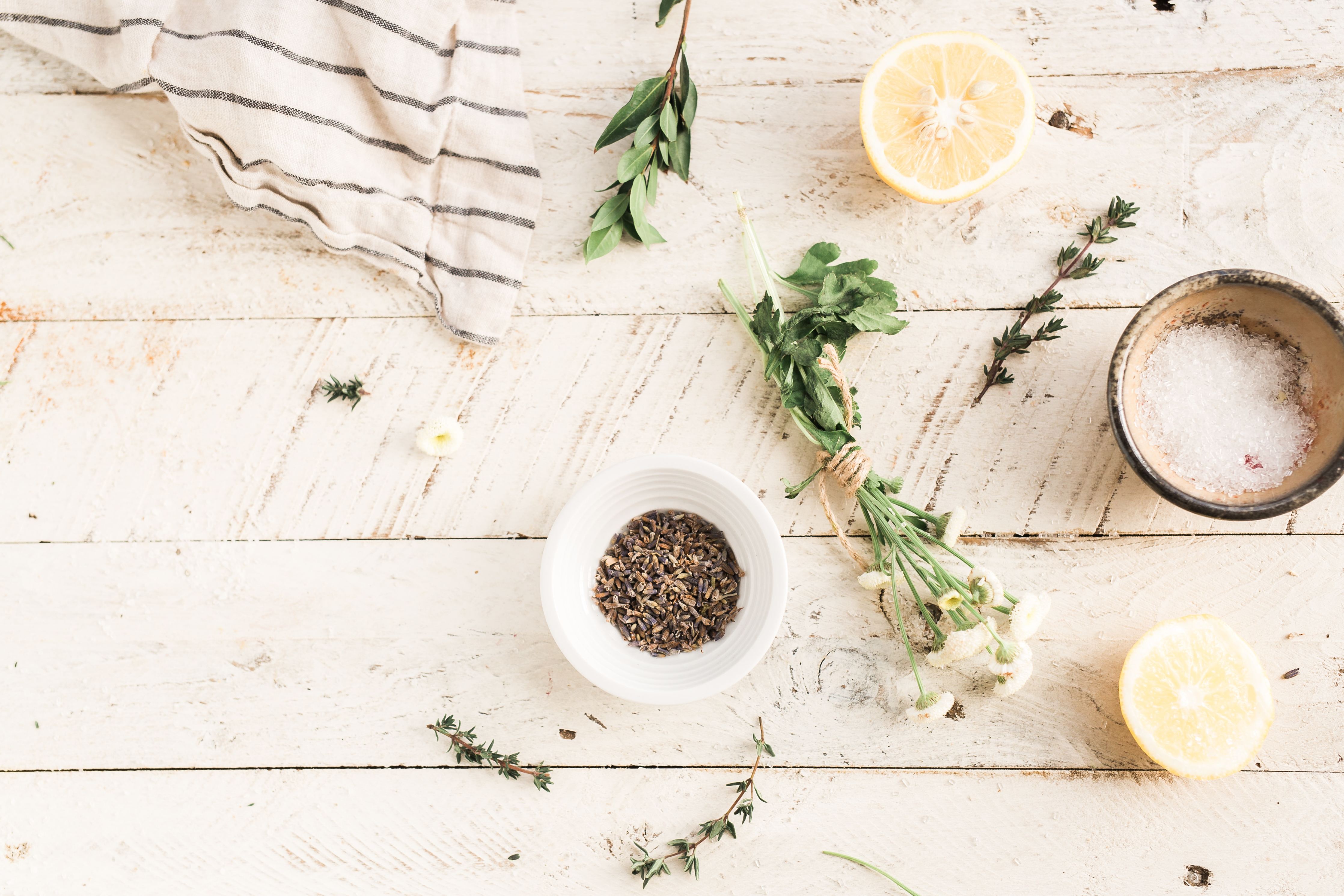Little-known cumin with huge benefits...
If you like tacos or barbecue rubs, you know cumin. Well, you know the regular, brown-ish cumin.
But there's a different kind. Hint: it's a lot darker and is found mostly in middle eastern dishes. At least one prophet has professed its benefits. He's quoted in one of the most published books ever written.
So yes, it's famous. Well-known. Just maybe not to you and it might just be because there are so many names. And there's another seed that comes from a plant called, "black cumin."
Wait... Black cumin isn't black cumin?
It gets a little confusing.
There are two plants called black cumin. One is primarly native to India, the Middle East, and North Africa. The other is from northern Africa, south eastern Europe, and southern Asia.
So yes, there's some overlapping of territories -- making the situation that much worse.
But here's what you really need to know...
Nigella sativa is the black cumin with thousands of years of documented benefits. Bunium bulbocastanum is the homewrecker version of black cumin. The benefits are entirely different... and probably not what you're looking for... and is typically sold by companies looking to benefit from the real black cumin's benefits and notoriety. So caveat emptor (buyer beware) if you see B. bulbocastanum on the back of the bottle in the ingredients section.
Just a few more small words... People in the US are fond of calling it Nigella sativa -- or, Nigella.
Black cumin seeds are what you need
To be clear, any time "black cumin" is referred to in this article, it's really the seed. Every plant has different nutrients in every part of it. Black cumin isn't any different.
For example, flowers generally have more antioxidants than the stem. The stem has more fiber. Fruit throws an entirely different wrench into the mix. Fruit is full of sugar to attract animals and fiber to help the plant proliferate.
But if you're looking for one place where everything is concentrated, it's the seed. The reason is simple. It's got everything the plant will need to start its life -- especially some seriously, densely packed nutrition.
Black cumin benefits
Black cumin was found in King Tut's tomb amidst all the gold, jewelry, and even perfume. Since space is at a premium in the resting places of pharaohs, only the items that would help the king get to the Egyptian equivalent of heaven were put in the tomb. Plus a few things that would help him enjoy the afterlife.
So why black cumin?
Supports your immune system
Since over a thousand years BC, black cumin was believed to be particularly helpful with your immune system.
Its secret lies in a compound called thymoquinone.
Thymoquinone is a powerful antioxidant that loves nothing more than mopping up free radicals. With the constant threat of free radicals, you need a regular supply of antioxidants to keep your immune system humming along.
Normal blood pressure levels
Maintaining normal blood pressure levels means keeping your plumbing system running smooth. And when it's smooth, your heart stays strong. And when your heart stays strong, so do you.
Don't worry, be happy
Nigella black cumin can help you keep a smile on your face even after your boss is done yelling at you... or the guy driving in front of you is acting like a complete jerk... or your kids are being, well, kids.
It doesn't work nearly as well as the hypnotism in Office Space, but you'll be able to breathe a sigh of relief after work or when the kids go to bed.
A history of use
You could trust dozens of studies nigella black cumin has been a part of and feel pretty optimistic. And you should.
Or you could look at history.
A major religion's prophet praised it in ways that can't be described within these pages.
It's used in some of the most well-known medical systems throughout the world and even those you might not be familiar with: Unani and Tibb, Ayurveda, and Siddha.
And it's been used since before the year zero. Some archaeologic records indicate it has been cultivated since 3,000 BCE.
What makes this remarkable is nigella wasn't a dietary staple. It's not rice or wheat. Now, they weren't farming huge tracts of land all for the sake of supporting their health, but it was vital enough to their way of life that it had land devoted to it.
The right tool for the right job
Black cumin can be a seed. Used as a fragrance. A supplement. Make sure the format you choose matches your desire. While the food form might provide you some benefit, you likely won't get the level of thymoquinone you can from an extract.
_______________
Sources
https://www.ncbi.nlm.nih.gov/pubmed/24412554
https://www.ncbi.nlm.nih.gov/pubmed/30087794








Leave a comment